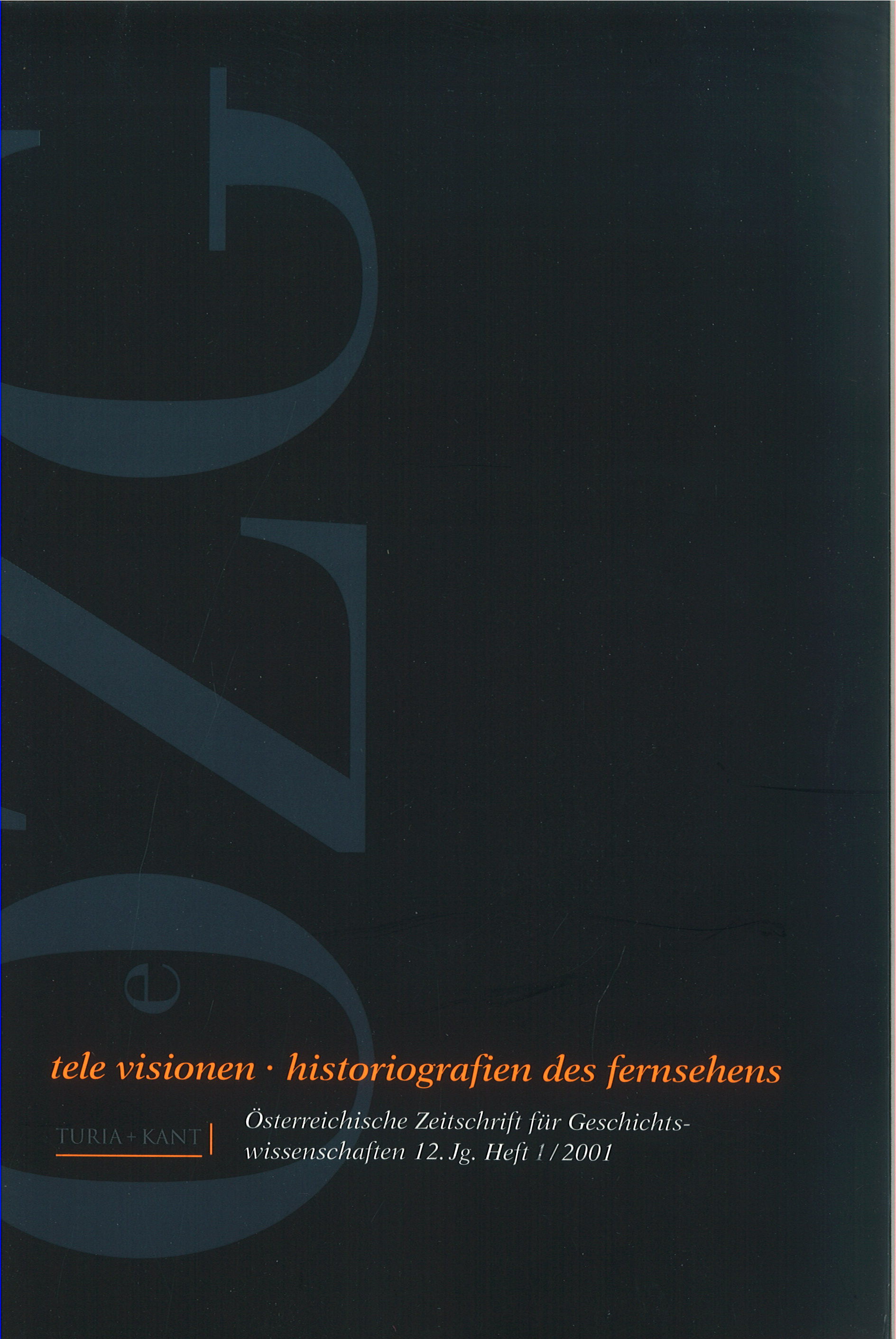Wiedersehen macht Freude
Über Archivierung und Rekonstruktion von Fernsehprogrammen
DOI:
https://doi.org/10.25365/oezg-2001-12-4-3Abstract
The article attempts to analyse some of the problems arising from a program-oriented history of television by applying Michel Foucault's definition of the »archive « as an historical apriori. Foucault proposes that the archive creates a boundary not only between what is lost and what is kept, but also between the positivity of what is collected and the time when the reading of rhe archived material rakes place. Accordingly, it is worthwhile concentrating on a symptomatic reading of historical programs, where the concern is not so much to measure the full range of everything transmitted during a particular historical period, but rather to focus on what differentiates television from other media such as the cinema. If, for example, social identity is mediated by the reflecrion of domestic fantasies rather than via ehe anxious or pleasurable experience of watching »others«, then it can be suggested rhat it is in fact nationally or culturally encoded identities which must be understood as constituting the »other « in televisual images.


